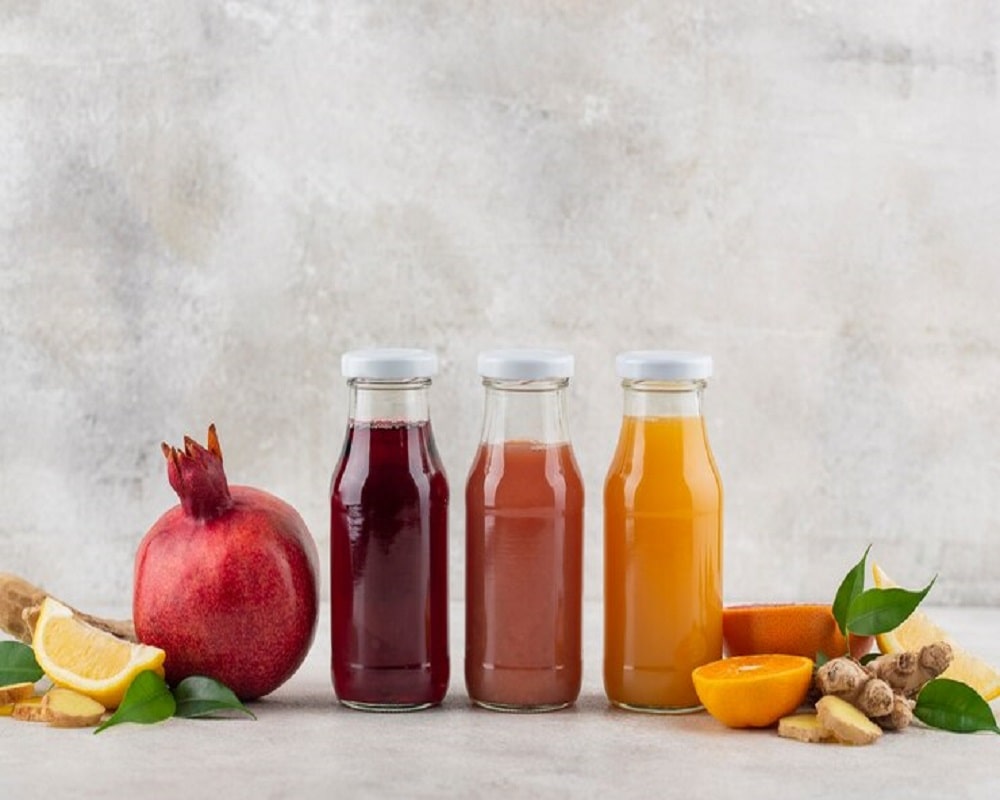A strong immune system is essential for maintaining optimal health, particularly in today’s fast-paced world where stress and infections are common. One of the most effective ways to support your body’s natural defenses is by incorporating essential vitamins into your diet. Vitamins play a critical role in boosting immunity, and understanding which ones are most beneficial can help you make better dietary and supplement choices.
In this article, we will explore the 5 vitamins that are best for boosting your immunity, explaining how they enhance your body’s ability to fight off illness and keep you healthy.
1. Vitamin C: The Ultimate Immune Booster Among the 5 Vitamins for Boosting Your Immunity
In terms of immunity, vitamin C is arguably the most well-known vitamin. This powerful antioxidant helps protect cells from damage caused by harmful free radicals and stimulates the production of white blood cells, which are key players in defending the body against infections.
How it boosts immunity:
- Enhances the function of white blood cells, which help fight off infections.
- Strengthens the skin’s barrier function, acting as the body’s first line of defense.
- diminishes the duration and intensity of typical cold symptoms.
Sources of Vitamin C:
- Oranges, lemons, and grapefruits are examples of citrus fruits.
- Vegetables like broccoli, bell peppers, and spinach.
- Supplements are also widely available if dietary intake is insufficient.
2. Vitamin D: The Sunshine Vitamin for Immunity
Vitamin D is essential for overall health and plays a crucial role in boosting immunity. Known as the “sunshine vitamin” because your body produces it when exposed to sunlight, Vitamin D helps regulate the immune system and promotes the body’s natural defense mechanisms against pathogens.
How it boosts immunity:
- Enhances the pathogen-fighting effects of monocytes and macrophages, which are key immune cells.
- Reduces the likelihood of respiratory infections, such as the flu and common cold.
- controls the synthesis of proteins that eliminate infections.
Sources of Vitamin D:
- Sun exposure is the best source, but it can also be found in foods such as fatty fish (salmon, mackerel), fortified dairy products, and egg yolks.
- Supplements may be necessary, especially for individuals with limited sun exposure or those living in colder climates.
3. Vitamin E: The Antioxidant Defender
Vitamin E is another powerful antioxidant that helps your body combat oxidative stress and supports a strong immune system. By neutralizing harmful free radicals, Vitamin E protects immune cells from damage, ensuring that they can function effectively.
How it boosts immunity:
- Enhances the immune response by protecting cell membranes from damage.
- Supports the production of T-cells, which are critical for recognizing and eliminating infected or cancerous cells.
- enhances immunological performance by collaborating with other antioxidants, such as vitamin C.
Sources of Vitamin E:
- Nuts and seeds, specifically hazelnuts, sunflower seeds, and almonds.
- Green leafy vegetables like spinach and broccoli.
- Vegetable oils such as sunflower and safflower oil.
4. Vitamin A: The Immune System Regulator
Not only is vitamin A crucial for immune system support, but it is also necessary for good vision. It helps regulate the immune response, ensuring that it is both effective and balanced, preventing overreactions that can cause inflammation.
How it boosts immunity:
- Promotes the production and function of T-cells and B-cells, which are essential for immune defense.
- Supports the integrity of the skin and mucous membranes, which act as a physical barrier to pathogens.
- helps produce antibodies, which are essential for battling infections.
Sources of Vitamin A:
- dairy products, eggs, and liver are examples of animal products.
- Plant-based sources include carrots, sweet potatoes, and leafy greens, which contain beta-carotene, a precursor to Vitamin A.
- Supplements can be used, but it is important to avoid excessive intake as Vitamin A can be toxic in high doses.
5. Vitamin B6: The Immune System Supporter
Vitamin B6, also known as pyridoxine, is essential for maintaining immune function. It supports biochemical reactions in the immune system and is necessary for the production of important immune cells. A deficiency in Vitamin B6 can weaken the immune system and make the body more susceptible to infections.
How it boosts immunity:
- Helps the body produce white blood cells, which defend against infection.
- Supports the production of antibodies that neutralize harmful pathogens.
- Plays a role in the production of cytokines, which regulate immune responses.
Sources of Vitamin B6:
- Poultry, fish (especially tuna and salmon), and organ meats.
- Starchy vegetables such as potatoes and bananas.
- Fortified cereals and dietary supplements.
Conclusion: Optimize Your Immunity with Key Vitamins
Incorporating these 5 vitamins that are best for boosting your immunity—Vitamin C, Vitamin D, Vitamin E, Vitamin A, and Vitamin B6—into your daily diet is a powerful way to enhance your immune system and promote overall health. Each of these vitamins plays a unique role in supporting your body’s defense mechanisms, helping you ward off infections, reduce the severity of illnesses, and recover more quickly.
